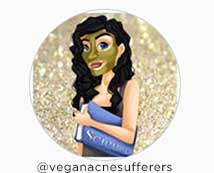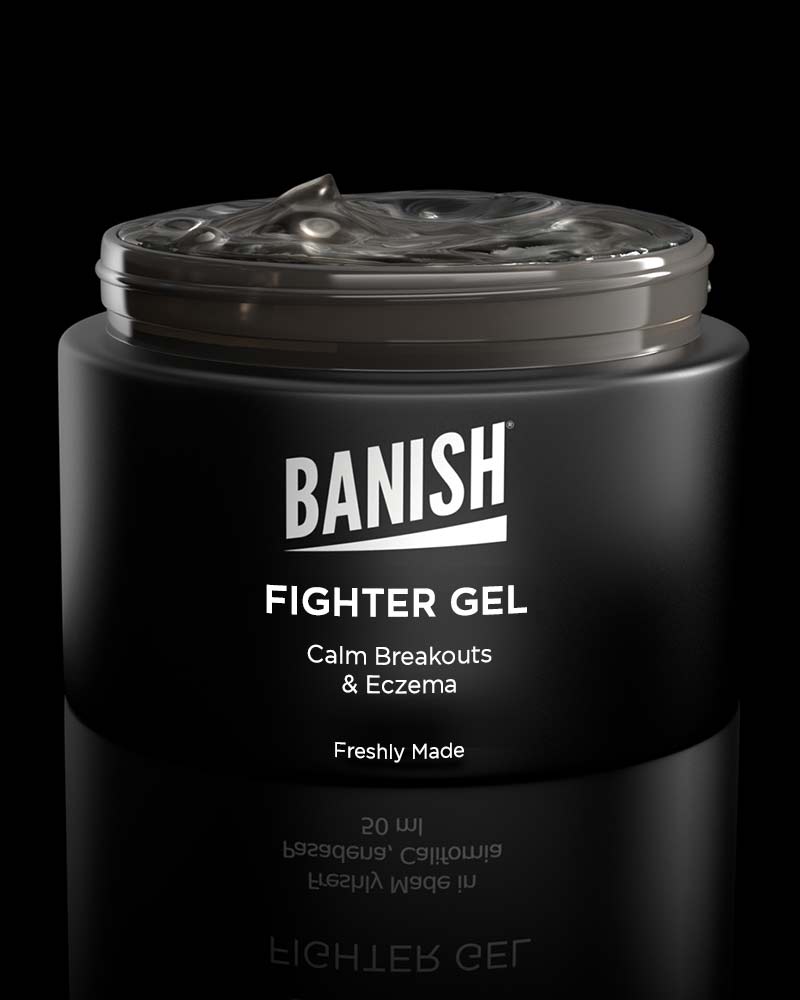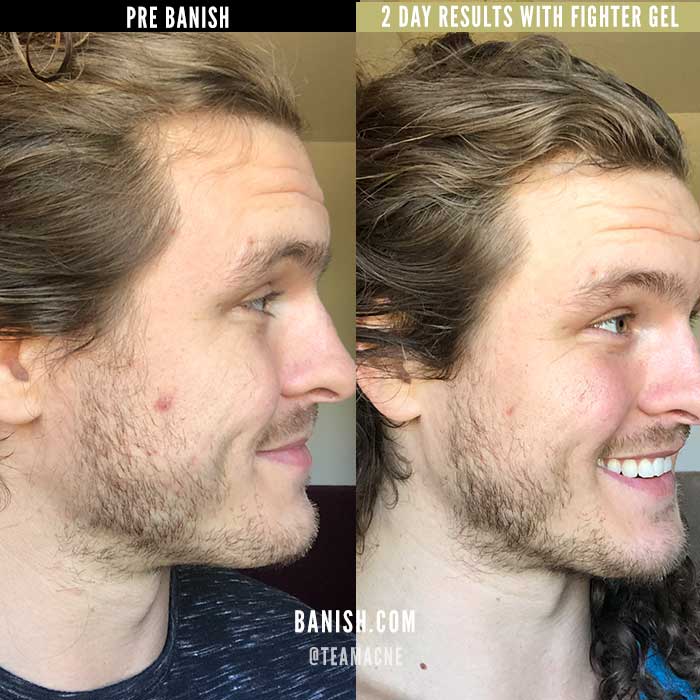
There's a world of supplements out there. If you've ever walked past the supplements aisle at a health food store you know just what I'm talking about. There's a supplement out there for everything, from infertility to leaky gut.
Unfortunately, not all of these supplements actually do what they are purported to do. Some may work, others may offer little more than the placebo effect, and some can be downright dangerous.
But there are (thankfully) some supplements that actually do something, with science to back them up, which is pretty cool.
Today, we're going to focus on the supplements that can actually do something for acne.
Zinc
Zinc, as we have discussed, is an essential mineral to human health, and research has shown that people with acne tend to also have lower levels of zinc than people with clear skin and that supplementation with zinc can potentially reduce acne.
There are many reasons that supplemental zinc may help with acne, including an increased reparative process, as zinc is essential to enzyme systems that influence cell division and proliferation. Not to mention the nervous, reproductive and immune systems are particularly influenced by zinc. It is clear that zinc even affects multiple aspects of the immune system, from the barrier of the skin to gene regulation within lymphocytes. Zinc ascorbate has also shown antimicrobial activity against a type strain of P. acnes bacteria. Furthermore, zinc’s antioxidant properties may help minimize hormonal fluctuations by potentially blocking DHT (dihydrotestosterone), which also can reduce sebum production.
Zinc tablets appear to be an effective oral therapy for the treatment of acne vulgaris and rosacea when used alone or with other topical therapies and should be considered a useful alternative approach to oral antibiotics for the treatment of acne vulgaris and rosacea. In one study, after 12 weeks of treatment with zinc sulfate, 17 patients (58%) showed a significant improvement in their acne. There was a statistically significant decrease in the number of papules, infiltrates and cysts. In 2005, Dreno, et. al studied 30 patients with inflammatory acne who they treated with 30 mg of zinc gluconate daily for two months. This resulted in a reduction in the number of inflammatory lesions. In one study, a supplement with EPA, zinc, selenium, chromium and EGCG have taken twice a day for two months significantly reduced the total average lesions count from 62.8 to 40.4. These observations are only suggestive, hinting that these antioxidants may have a positive influence on inflammatory acne lesions.
Oral zinc sulfate is reportedly more effective in the treatment of severe acne than for the treatment of mild to moderate acne. Similarly, oral zinc gluconate has also been found useful in managing inflammatory acne. Recently a methionine-bound zinc complex with antioxidants has also been tried and found useful in managing mild to moderate acne vulgaris.
Although getting nutrition from whole food sources is always ideal, the benefits of zinc supplementation on acne are fairly well established and so, it is worth considering supplementation under the supervision of a doctor.
Vitamin B6
You may also want to consider taking a B6 vitamin —it can reduce the skin’s sensitivity to testosterone, which in turn helps the acne cycle—and calcium and magnesium, as well. These last two help reduce sugar cravings and may help reduce inflammation.
Omega 3
Omega 3s are important for fighting inflammation, which is a key precursor in acne. They fight inflammation in a variety of ways in the body, and not to mention help support an overall healthy immune system, and nourish the skin from the inside out.
Gluco-Support
Your diet affects your blood sugar levels. Some foods break down quickly, requiring your body to release more insulin to use up that fuel (in the form of glucose). Scientists have found that more insulin means more acne. In fact, researchers from Colorado State University found that a diet that leads to elevated insulin levels is involved in the production of acne.
Foods that increase insulin are called “high glycemic” foods and include white bread, sweetened cereals, pasta, baked goods, white rice, sugar-sweetened drinks and foods, and the like. “Low glycemic foods,” on the other hand, break down more slowly in your system and help you avoid sugar and insulin spikes. In fact, a study published in 2007 found that subjects on a low-glycemic diet had far greater reductions in skin lesions and other symptoms of acne than a control group.
NOTE: Consider limiting your sugar intake, too. Along with watching your overall blood sugar levels, you may also want to make a point to reduce your sugar intake. A study published in the Journal of Clinical Nutrition in 2006, for example, showed that those participants who had a high-sucrose diet also had a higher level of systemic inflammation than those who had an overall decrease in sucrose consumption. Inflammation is a key factor in creating acne.
Seriphos
For healthy cortisol levels. Stress can cause havoc on your skin, and constant stress can even affect your immune system. Obviously keeping stress in check is ideal, but when you need a little help, Seriphos may be the supplement to help.
NOTE: It's important to establish if this is needed, prior to taking it. Get an adrenal saliva test done, or a blood test for your cortisol levels, to ensure that your cortisol levels are high. Taking Seriphos to lower cortisol when you already have low cortisol could be bad.
NicAzel
NicAzel oral contains nicotinamide, azelaic acid, zinc, pyridoxine, copper, and folic acid.
At week 8, 88% of the patients experienced a visible reduction in inflammatory lesions, and 81% of the patients rated their appearance as much or moderately better compared with baseline. Three-quarters (76%) of the patients thought NicAzel was at least as effective as previous treatment with oral antibiotics.
------------------------------------------------------------------------------
Guest Blog By:

I first got acne in high school, and it came back in my early adulthood. I was able to struggle through those difficult times and come out of it a stronger, wiser, healthier person as a result. I'm here to help you do the same thing!
Connect with Veganacnesufferes on Youtube Twitter
--------------------------------------------------------------------------
If you have battle scars left after acne, try the Banish Kit! It comes with a 30-day money back guarantee.























Leave a comment
All comments are moderated before being published.
This site is protected by hCaptcha and the hCaptcha Privacy Policy and Terms of Service apply.